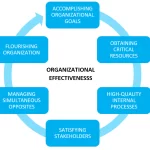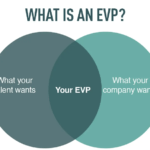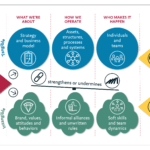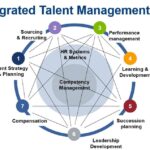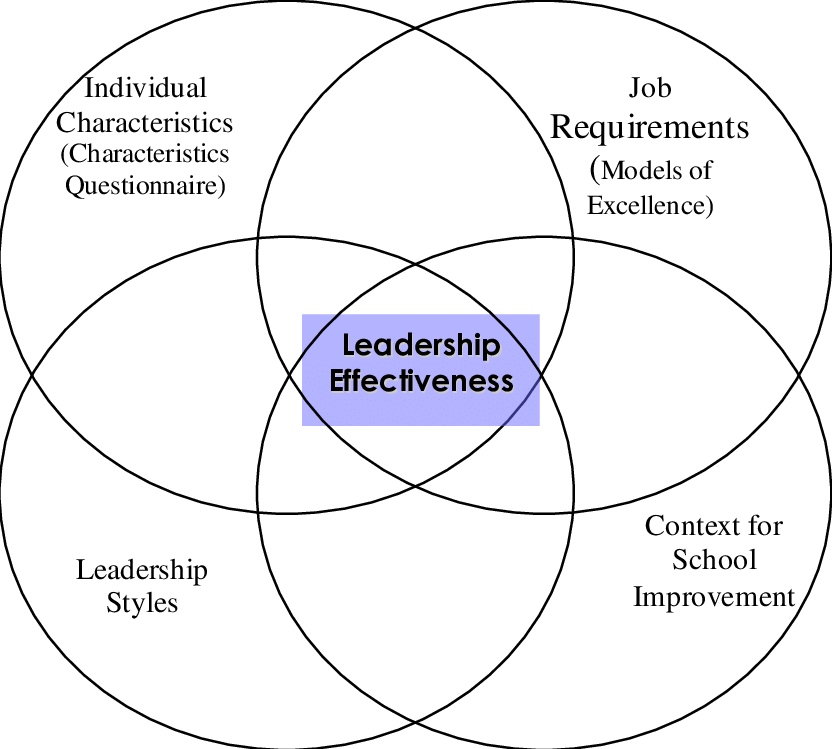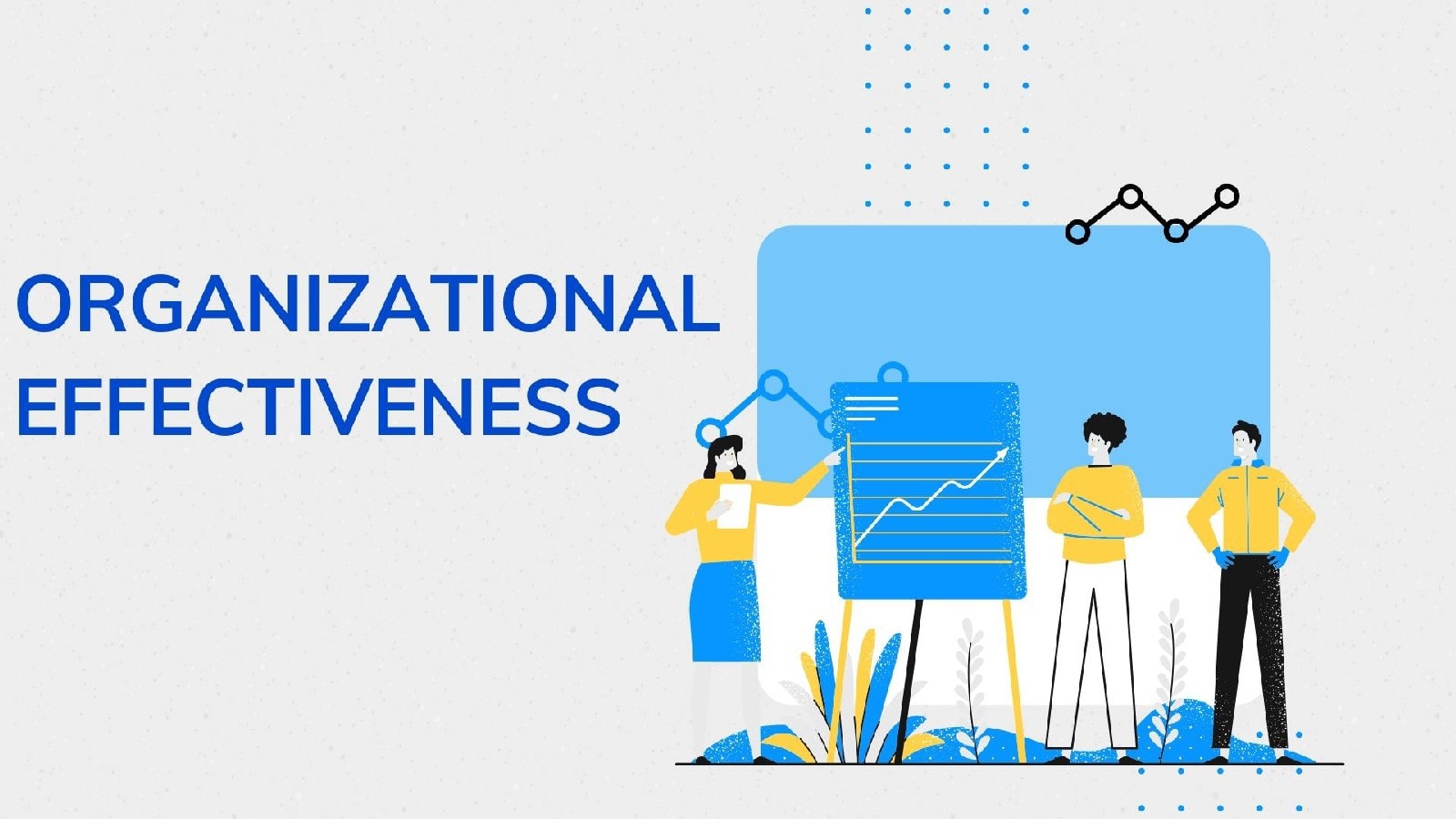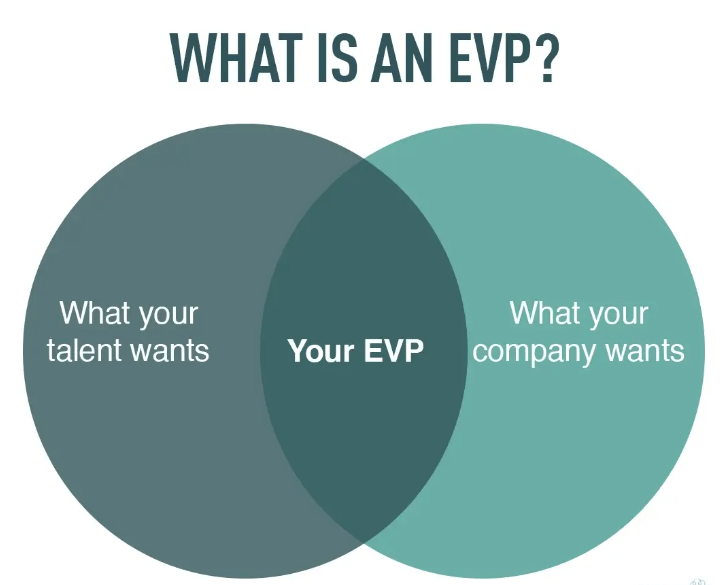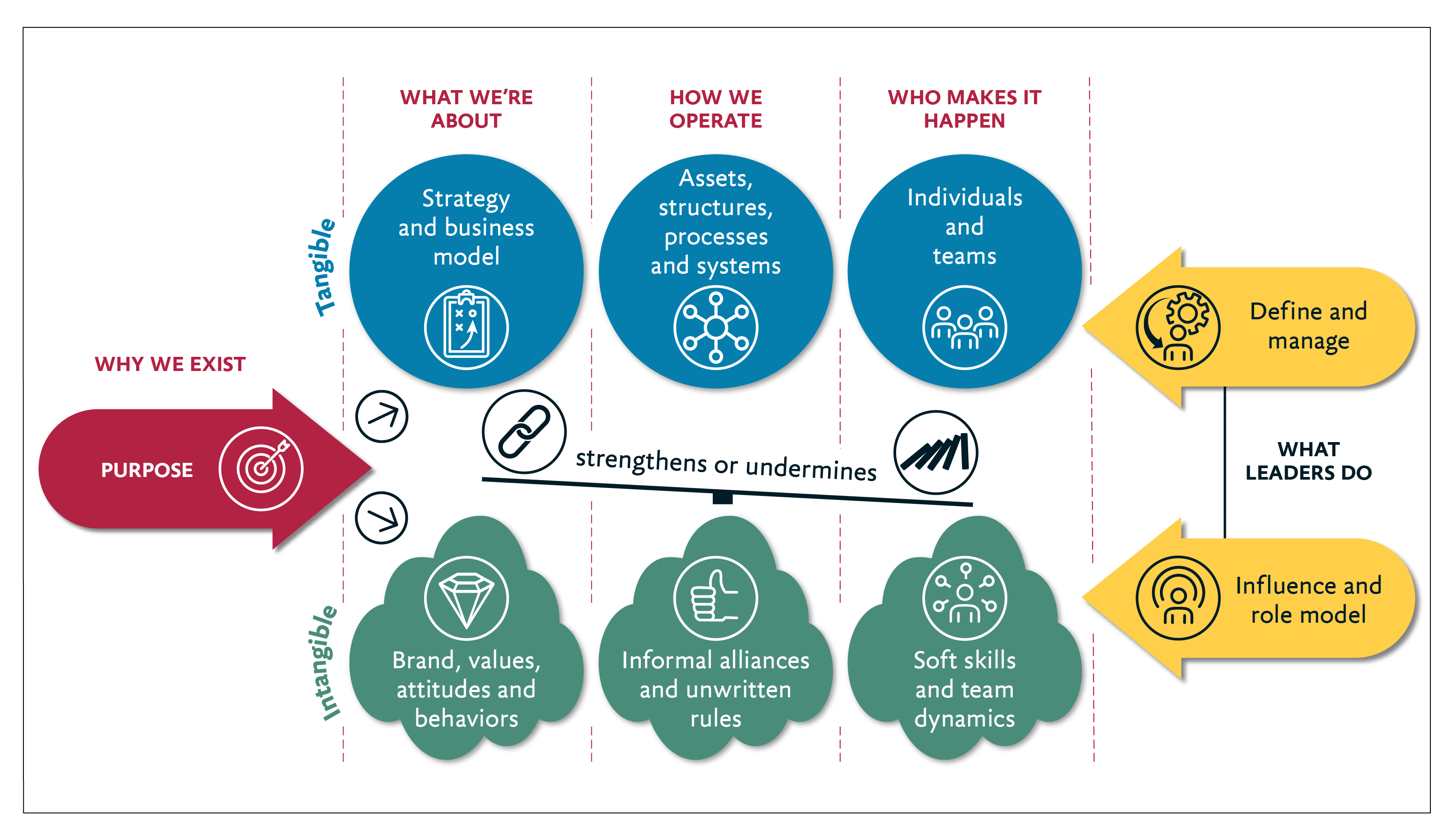Leadership effectiveness significantly impacts the achievement of operational excellence in several key ways:
Vision and Strategy Setting
Leaders must set a clear vision and strategy for the organization. This involves defining long-term goals and identifying pathways to achieve them, considering the needs and expectations of all stakeholders, and setting measurable goals to ensure tangible outcomes.For example, Danaher Corporation, a diversified conglomerate, has a well-defined vision of “Helping Realize Life’s Potential” and a strategy centered on the Danaher Business System (DBS) – a continuous improvement methodology that drives operational excellence across its various businesses.
Effective Communication
Clear and effective communication is essential. Leaders should communicate the operational excellence goals and strategies to employees, explain their roles and expectations, and provide feedback and open channels for discussion to address challenges and foster collaboration.Caterpillar, the heavy equipment manufacturer, is known for its strong communication practices. The company’s leaders regularly engage with employees, share progress updates, and solicit feedback to drive continuous improvement. This open communication has been a key factor in Caterpillar’s operational excellence journey.
Motivation and Inspiration
Good leadership inspires and motivates employees to align their decisions with the company’s objectives. This includes sharing success stories, encouraging employee participation, and creating a positive and supportive work environment.Procter & Gamble, the consumer goods giant, is renowned for its leadership’s ability to inspire and engage its workforce. The company’s leaders regularly recognize and celebrate employee contributions, fostering a culture of pride and ownership that drives operational excellence.
Team Building and Management
Leaders must build and manage teams effectively, considering each team member’s skills, experiences, and strengths. This ensures that every team member contributes effectively to the operational excellence process.Toyota, the automotive manufacturer, is known for its exceptional team-based approach to problem-solving and continuous improvement. The company’s leaders empower cross-functional teams to identify and address operational issues, leveraging the diverse expertise of team members.
Respect for Individuals
Demonstrating respect for every individual within the organization is crucial. This includes treating employees humanely, respecting customers and suppliers, and creating a culture where respect is supported and expected.Ritz-Carlton, the luxury hotel chain, is renowned for its unwavering commitment to respecting and empowering its employees. The company’s leaders foster a culture of mutual respect, enabling employees to deliver exceptional customer service and drive operational excellence.
Continuous Improvement
Leaders must commit to driving continuous improvement. This involves embracing a culture of continuous improvement, encouraging employee feedback and ideas, and implementing incremental improvements to processes.Lean manufacturing pioneer, Toyota, has a relentless focus on continuous improvement, known as “Kaizen.” The company’s leaders actively promote a culture of continuous learning and problem-solving, empowering employees at all levels to identify and address operational inefficiencies.
Accountability
Leaders must ensure that everyone is accountable for their actions and that decisions are made collectively to promote the organization’s mission and drive compliance with operational excellence goals.Aerospace giant, Boeing, has implemented a robust accountability framework to support its operational excellence initiatives. The company’s leaders hold cross-functional teams responsible for achieving specific operational targets, fostering a culture of collective ownership and accountability.
Flexibility and Adaptation
Strategies must be flexible and adaptable to align with the needs of the business and changes in the external environment. This flexibility is critical for sustaining operational excellence over time. Nestle, the multinational food and beverage company, has demonstrated its ability to adapt its operational strategies to changing market conditions. The company’s leaders continuously evaluate and refine their processes to maintain a competitive edge and deliver operational excellence. By focusing on these aspects, leaders can create a strong organizational culture that drives operational excellence, fosters employee engagement, and ensures the consistent delivery of high-quality products and services.

